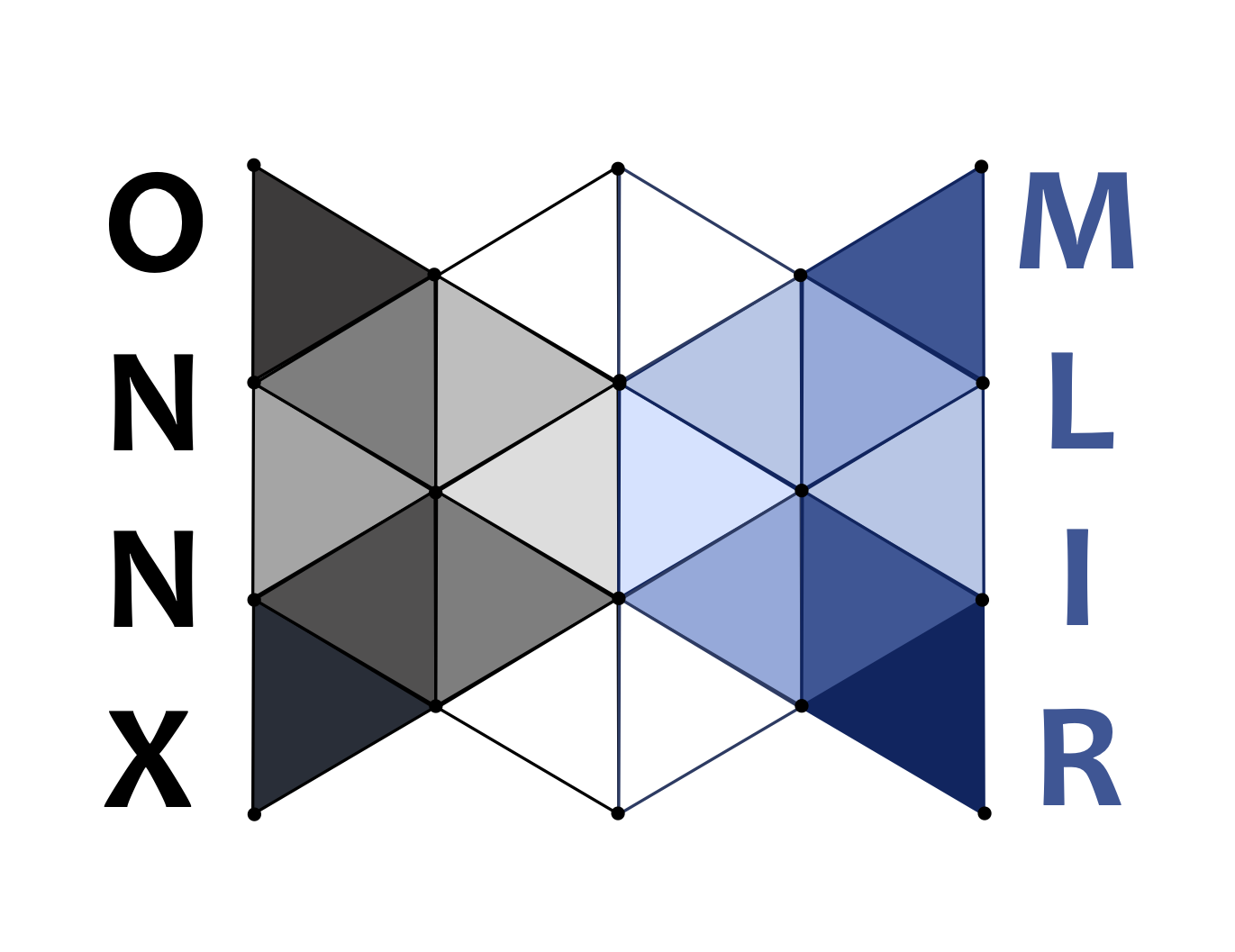onnx-mlir

Representation and Reference Lowering of ONNX Models in MLIR Compiler Infrastructure
View the Project on GitHub onnx/onnx-mlir
How-Tos
References
Development
Tools
Tools
This project is maintained by onnx
Hosted on GitHub Pages — Theme by orderedlist
Handling errors in MLIR
Three are two different kinds of errors: errors that comes from user inputs, and compiler errors. We should provide meaningful user feedback for user input errors and we should use the emitError functions. Compiler errors should be reported using asserts or llvm_unreachable calls. In practice, if there are functions where errors are checked, and there is the ability to return “failure,” the preferred way is to use emitError and return failure. If, on the other hand, the function does not allow to return failure, then an assert or unreachable call should be used. Returning error is important for passes that check user inputs, e.g. such as during the ingestion of the ONNX model.
User errors
MLIR provides for 3 distinct calls depending on the severity: emitError, emitWarning, and ‘emitRemark`. Errors should typically be reported to calling functions for proper handling. Typical use is as depicted below.
return op->emitError("message");
return op->emitError() << "message";
Above calls will include the location of the operation. It returns a LogicalResult which can be set/tested as below. Note that the emitError calls return a failure() value;
LogicalResult isEven(int i) { return (i%2 == 0) success() : failure(); }
if (succeeded(isEven(0)) && failed(isEven(1))) printf("It is all good.\n");
Errors can also be reported outside of the context of an operation. In this case, a location must be provided. To report a warning or a remark, just substitute “Warning” or “Remark” instead of “Error” in the above examples.
Compiler errors
Once an ONNX graph has been validated, every subsequent erroneous situations should be reported with an assert to stop the compilation, as this is a compiler error that needs to be properly handled. There are two calls that can be used:
assert(condition-that-should-hold-true && "error message");
llvm_unreachable("error message");
The unreachable call is useful in functions that should return a value, as the compiler will not report warnings if there is no dummy-value return statement along that path. Otherwise, in void functions, using an assert is perfectly fine.
References
Additional relevant information is found in the LLVM and MLIR documentation referred below.